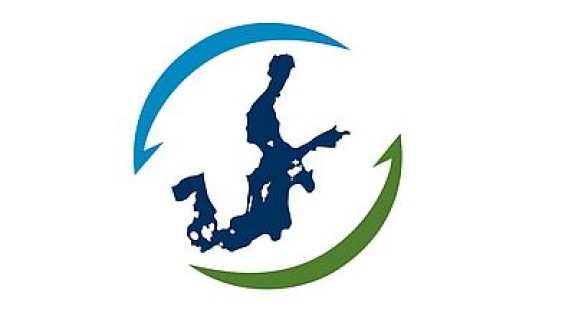A. Methodical basis: Philosophical views on why we should care about the ocean and its coastal seas?
- Dichotomous thinking and the need for broader, integrative perspectives
- Cartesian reductionism and atomism (Newtonian mechanisms), and systemic holism and interactionism
- General vs. particular claims
- Complex systems with multiple drivers – Complex Earth Systems Science
- Models and methodologies
- Metrics, measures, and statistics
- The need for 'external' social dynamics in 'internal' scientific modeling
B. Philosophical views on the BALTEX/Baltic Earth program: Why should we care about the BALTEX/Baltic Sea program?
- What is the aim and vision of the program?
- What is unique about the program?
- What are the challenges to our understanding of the system?
- What is the main message to society?
- Other international programs?
- How do we measure the impact of BalticEarth or similar programs?
C. What is good science? Which role can science play in the quality of life of people?
- What is the basis of the public authority of scientific knowledge?
- What is the knowledge market for the Baltic Sea region?
- What is the boundary between science and activism?
Term: Two years with zoom conferences and workshops.
Expected outcomes: The working group aims to give input to the Baltic Earth program through workshops, articles, or possibly a joint book.
Time plan: The expected start for the working group is autumn 2023, but with a planning meeting earlier in 2023
Members:
Prof. Emeritus Anders Omstedt (chair), Gothenburg University, Sweden
Prof. Emeritus Hans von Storch (co-chair), Helmholtz-Zentrum Hereon Geesthacht, Germany
Prof. Inga Dailidiene, Klaipeda University, Lithunia
Ass. Prof. Irina Danilovich, Minsk
Prof. Emeritus Jüri Elken, Tallinn University of Technology, Estonia
Prof. Rasmus Grønfeldt Winther, University of California, Santa Cruz, USA, and University of Copenhagen, Denmark
Prof. Emeritus Ilppo Vuorinen, University of Turku, Finland
Prof. Joanna Wibig, University of Lodz, Poland
Dr. Eduardo Zorita, Helmholtz-Zentrum Hereon Geesthacht, Germany
Declaration: All members of the Working Group are acting as independent scientists
and not as institute representatives.


